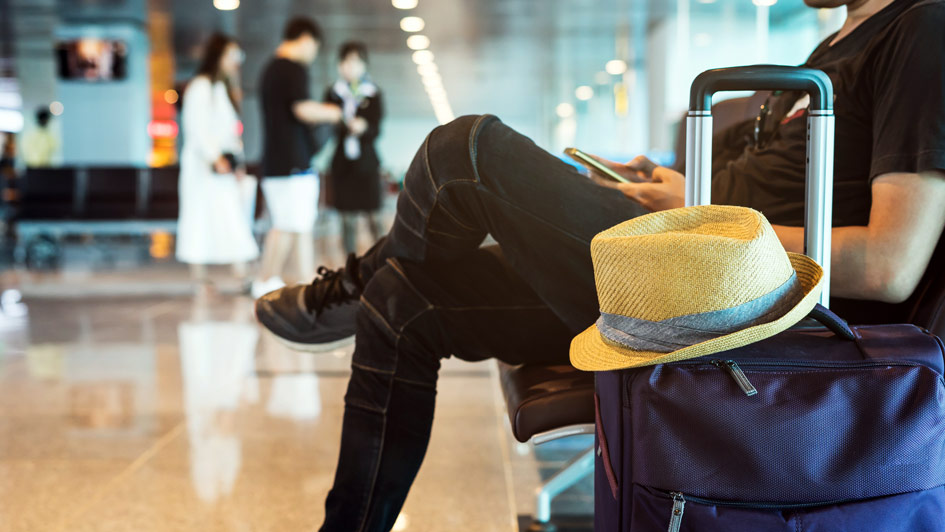
Between a relaxing vacation or an extended trip for work, taking a trip means making preparations for your HVAC system. You won’t be using it as long as you’re not home, so you can adjust it as necessary to conserve your energy use. At the same time, you shouldn't just turn it off for the entire time you're out of the house.
Instead, it’s best to leave your HVAC system going and just raise or lower depending on the season. That way you can lower energy costs without stressing about returning to an uncomfortable home. We’ll review why you should avoid turning your HVAC system off as well as the best thermostat settings for various times of year.
This Is Why You Don't Leave Your Thermostat Alone
While you might be inclined to turn your HVAC system off before a trip, this could end up causing big problems by the time you come back. This is notably true when the weather will be severely hot or cold while you’re gone.
For instance, switching the HVAC system down in the summer will sometimes cause very high humidity. Not only will your home feel like a swamp when you come back, but it may have also encouraged mold/mildew growth or pest infestations.
And over the winter, leaving the furnace off might lead to pipes freezing or even bursting. It’s exhausting to return home from a long trip only to come across extensive water damage nearby a broken pipe.
Best Thermostat Settings While at Work
You can optimize the temperature even as you come and go to work. Considering you’re not home for about 8 hours or longer, it doesn’t make sense to keep an empty home at the same temperature you’d usually have. In general, it’s recommended to adjust the thermostat by 5 degrees or more. That means that if you prefer a comfortable 72 degrees, try increasing it to 76-77 while you’re gone.
But you may save even more if you’re willing to further adjust the temperature. As stated by the Department of Energy, you might save around 10% on your HVAC expenses by increasing the adjustment to 7-10 degrees.
Ideal Thermostat Settings While on a Trip in Summer
If you're on a longer trip in the middle of summer, you can make larger adjustments. This ensures you don’t waste energy while still safeguarding your home from the hassles that come with leaving it uncooled. Around 5 degrees is recommended for shorter trips while around 10 degrees is best if you’ll be out of town for 2 weeks or more. If you prefer keeping the house at 72 in the summer, 78-82 will offer the best results.
Ideal Thermostat Settings While Away from Home in Winter
To figure out the ideal thermostat setting for a winter trip, just lower the temperature by the same amount you would increase it in summer. 68 is a popular winter thermostat setting, so turning it down to 63-58 will prevent ice from forming on pipes while restricting how often your furnace operates.
A Smart Thermostat Can Help: Perks of a Smart Thermostat
An ideal strategy to regulate your home’s HVAC system while away from home is using a smart thermostat. This innovative type of programmable thermostat employs intelligent software to track your preferred comfort habits. It gradually understands these preferences and makes automatic corrections to the schedule for higher energy efficiency. And with Wi-Fi compatibility, you can remotely adjust your heating and cooling using a mobile device or tablet.
Smart thermostats are loaded with features to help you save even more. For instance, some models can monitor electricity prices to increase heating or cooling when prices are more affordable. They are compatible with high-efficiency, variable-speed equipment to refine how long your HVAC system needs to run. It’s the optimal tool to enhance how you control your comfort system. If you’re planning on investing in a smart thermostat, there are a variety of ways you can lower your costs, in essence getting a smart thermostat for free. The next time you are away from home, you can receive true peace of mind that your HVAC system won’t stir up any trouble while you’re away.
